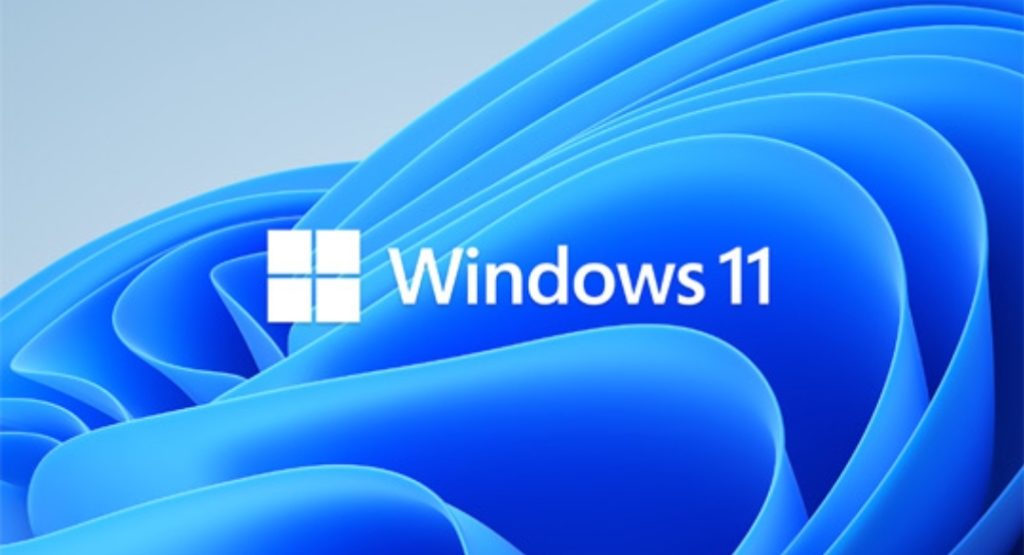The major Windows 11 2022 update, likely to be called Windows 11 24H2 or Windows 12, will require device processors to support a new CPU instruction named ‘Population Count (POPCNT)’. As per reports, lack of compatibility with this mandatory instruction risks preventing Windows 11 from booting post-update in PCs with older hardware.

This poses upgrade challenges especially for PCs aged 15 years or more that have processors predating even the first generation Intel Core chips which introduced POPCNT capabilities. Both personal systems still running dated hardware, as well as those with cracked Windows 11 versions installed despite lacking official compatibility may get blocked.
Older PCs, Cracked Versions Risk Bricks
Given the POPCNT requirement impacts core booting functionality, older PCs perfectly capable of handling Windows 11 by bypassing checks risk being rendered unusable if they install the 2023 update sans compatibility. The same applies to unauthorized copies installed on incompatible hardware, which Microsoft’s mandate aims to curb.
While relatively newer devices with POPCNT-enabled processors will likely remain unaffected, analysts estimate at least tens of millions of active Windows PCs globally could face disruptions depending on exact hardware configurations if they attempt upgrading blindly. Users are advised checking processor capabilities beforehand.
Microsoft Pushing Windows 11 Adoption
Industry observers opine that Microsoft’s move also intends pushing more PC owners to purchase new Windows 11-compatible devices, as adoption has remained tepid so far at just 27.83% vs Windows 10’s 66.45% market share.
By making support for advanced CPU capabilities like POPCNT mandatory, Microsoft hopes to spur PC upgrades especially in enterprise environments while expanding its newest OS’s foothold. But businesses may delay upgrades to avoid compatibility disruptions for now.












